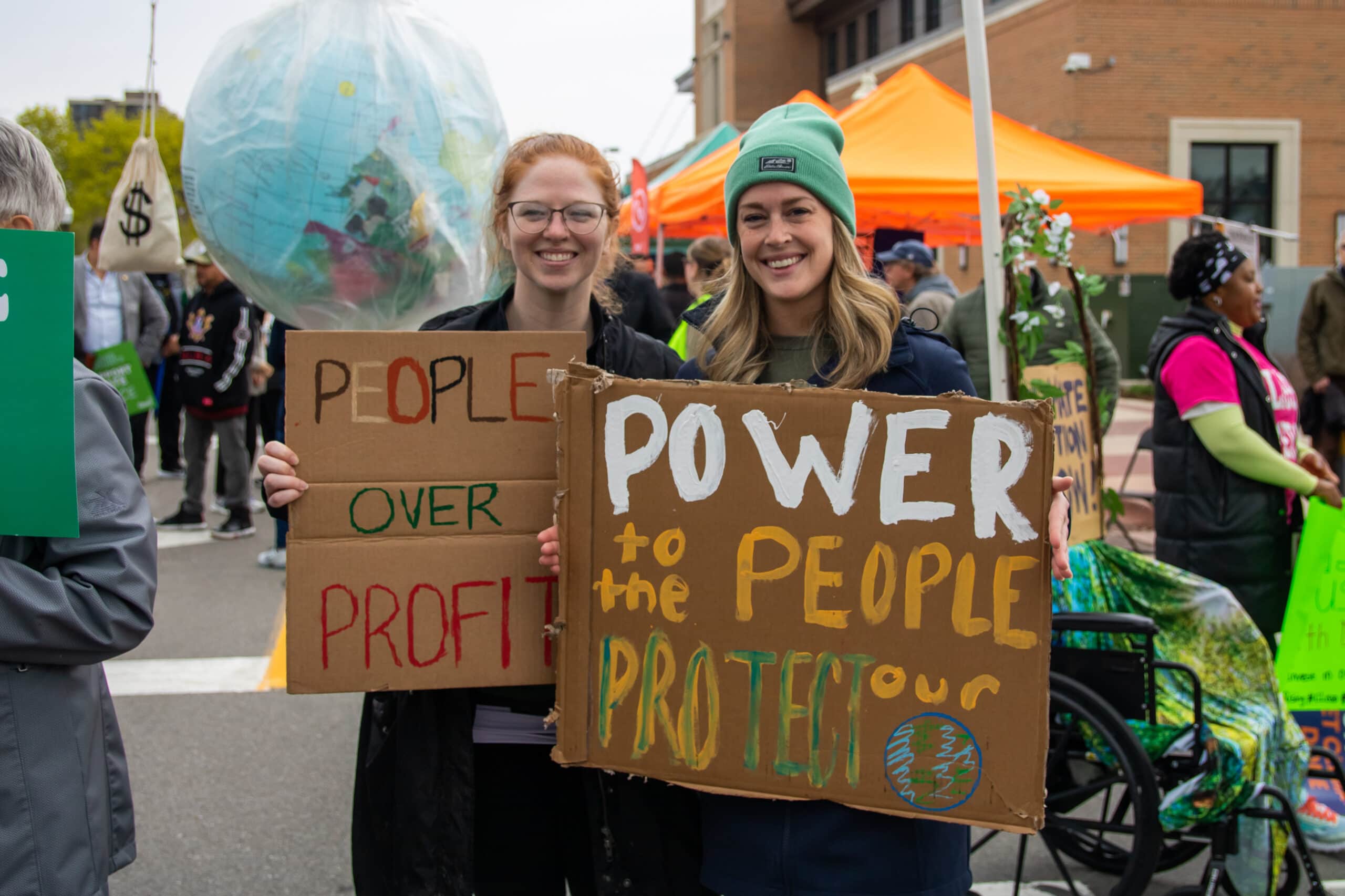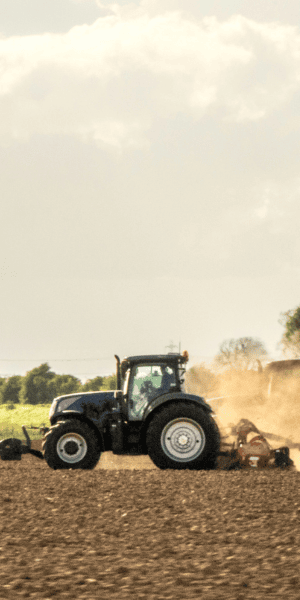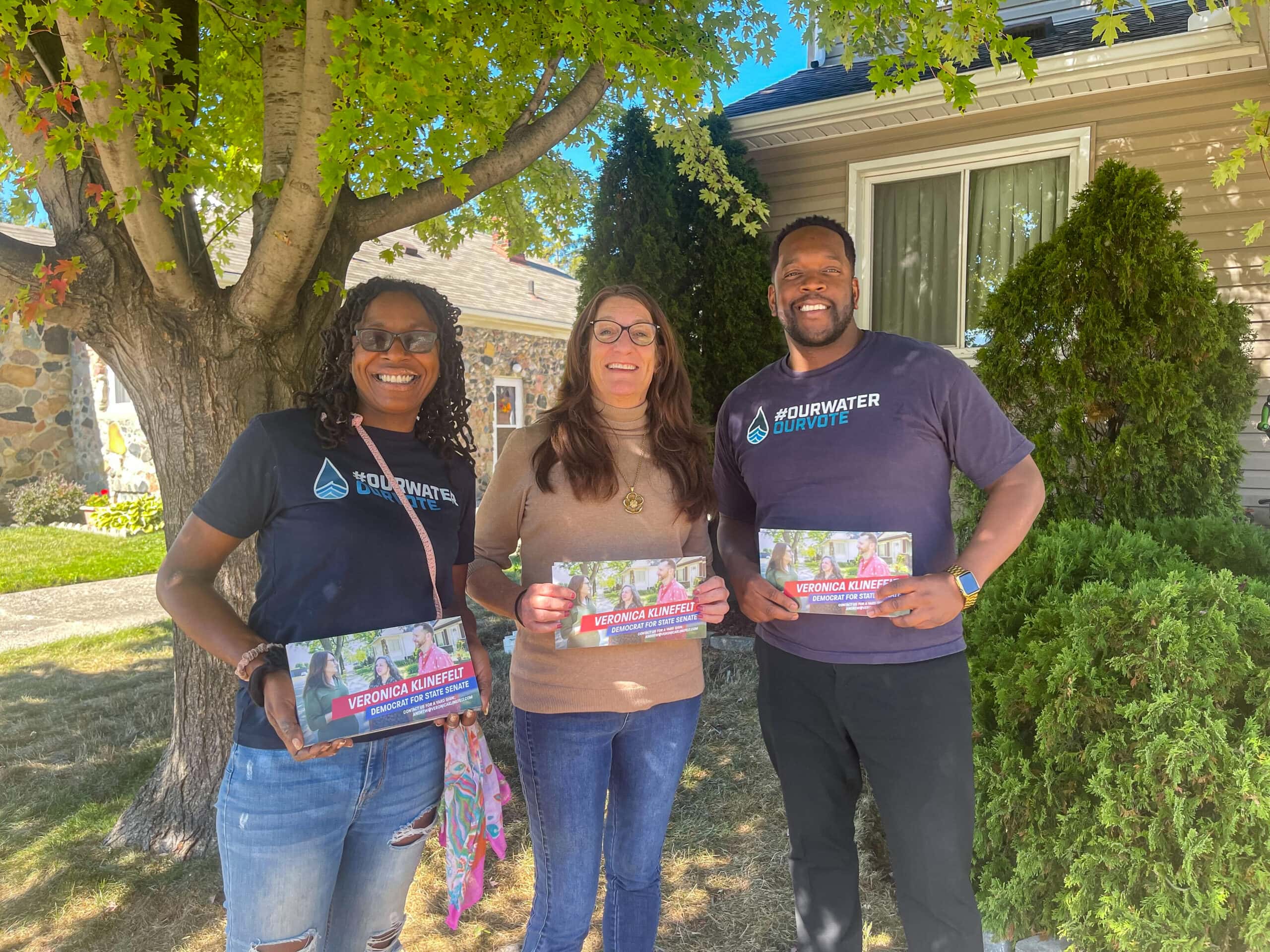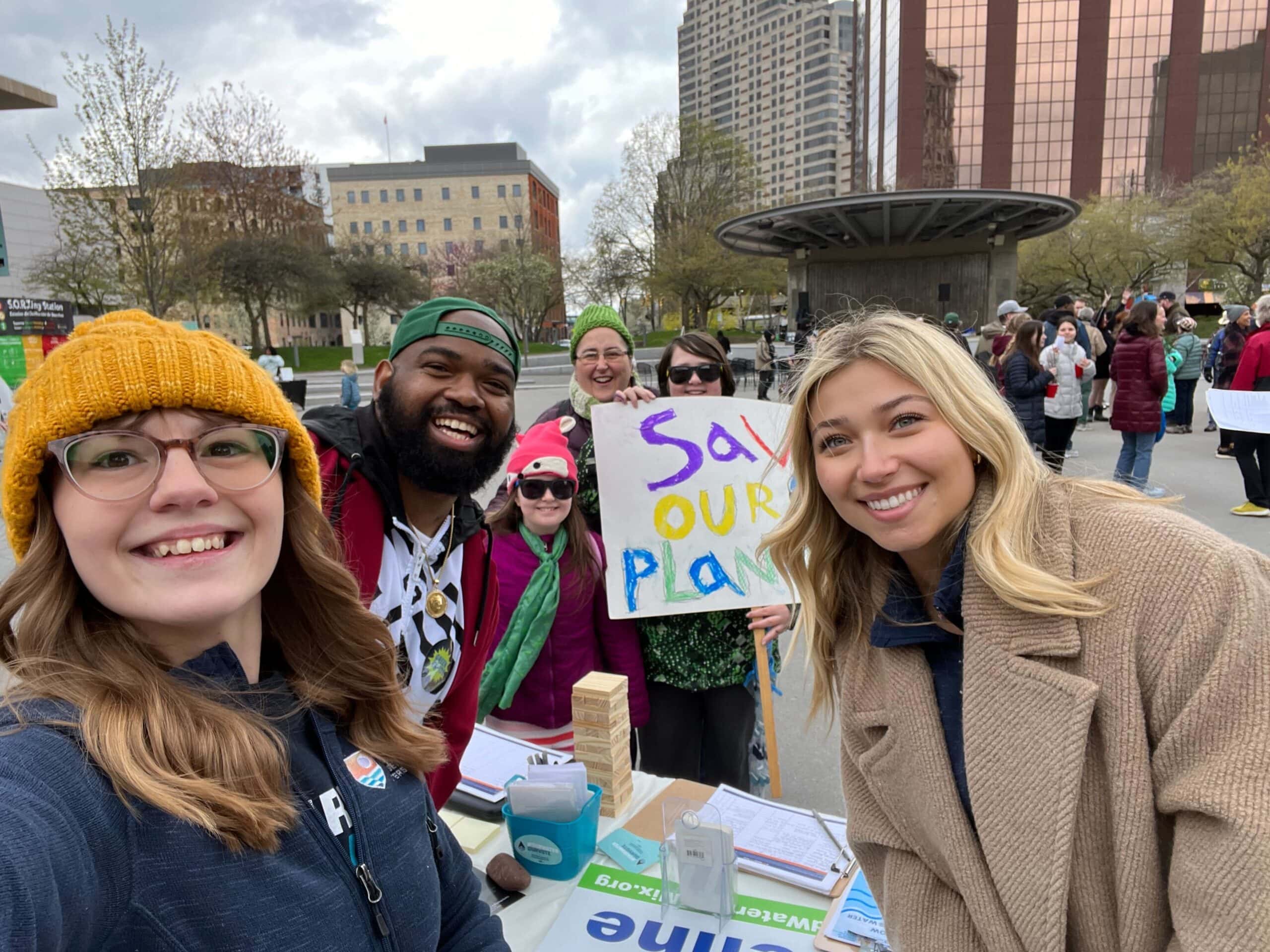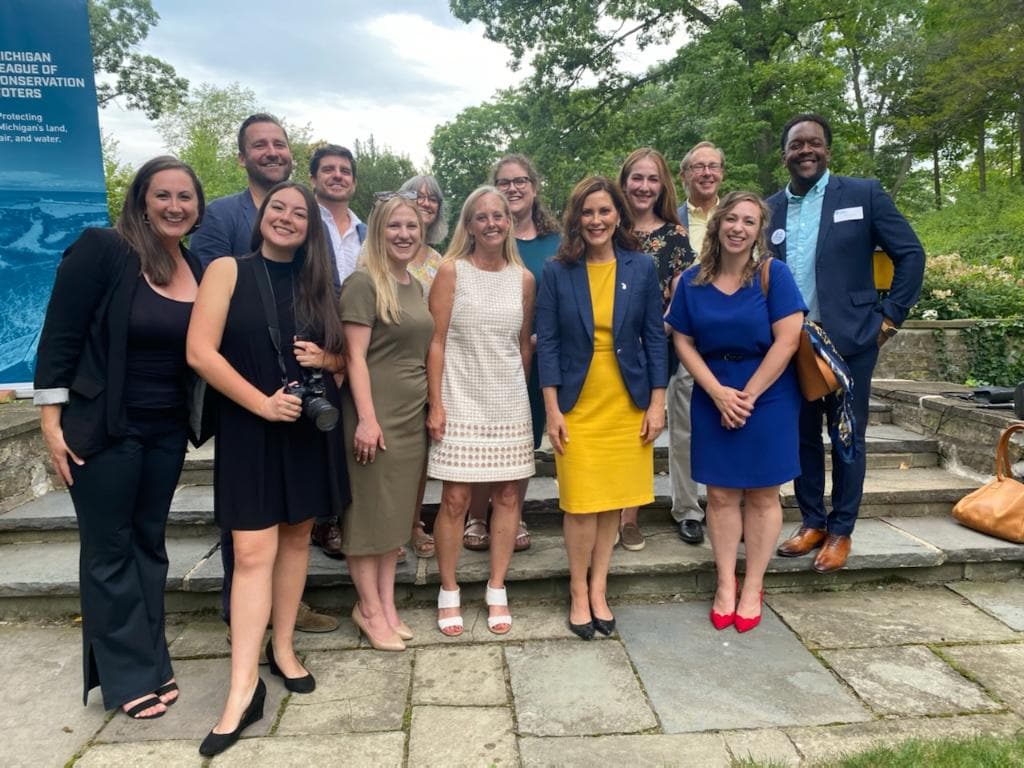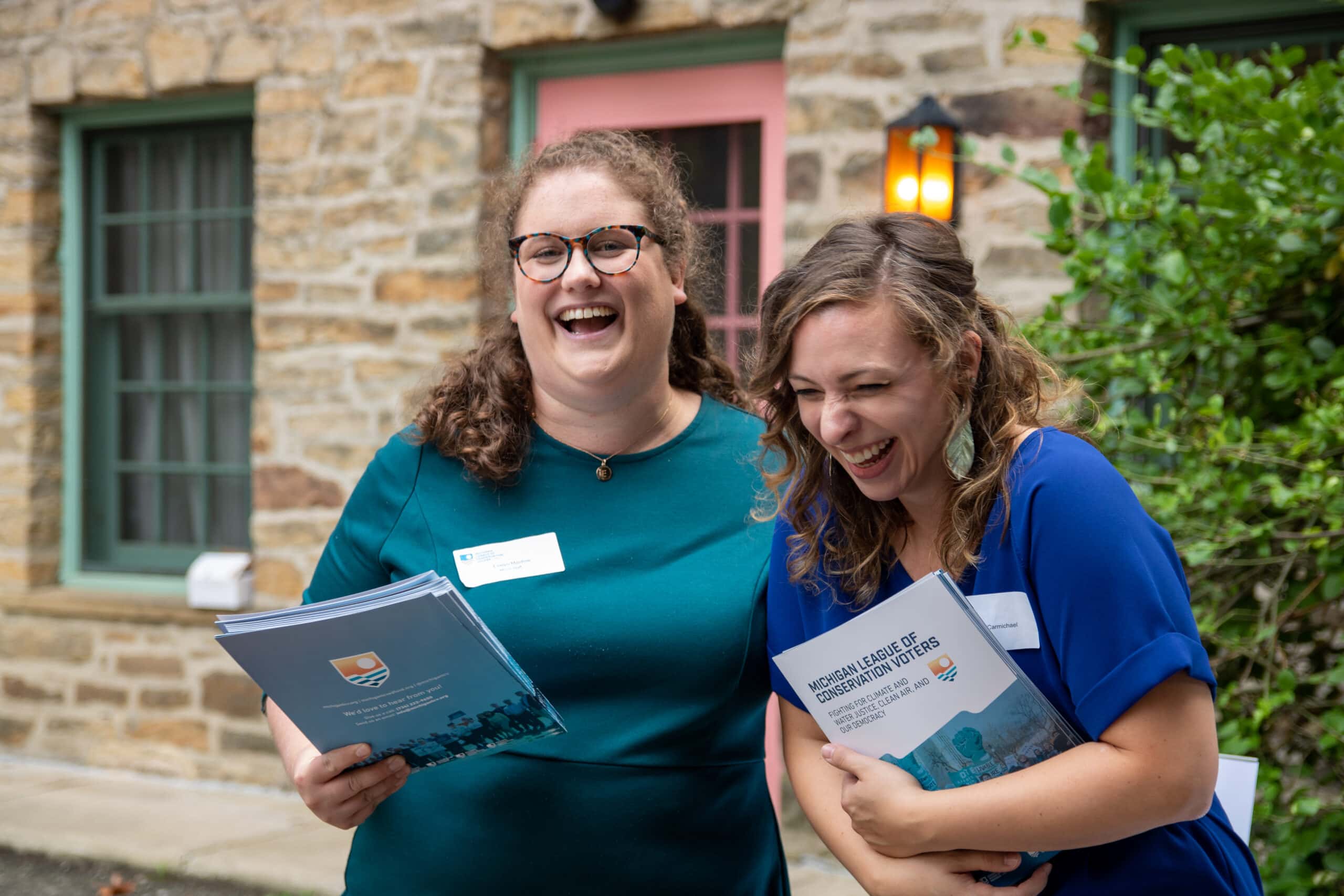Our parks and natural areas are vital to the well-being of our communities.
From small neighborhood parks to vast state wilderness areas, these spaces serve as a place where Michiganders can connect with nature and each other. For generations, Michiganders have been working to protect and invest in our parks and natural areas, ensuring that our family picnics, beach days, and camping trips remain possible.
It’s our responsibility to manage these areas responsibly and sustainably for future generations. Unfortunately, some of our leaders fail to recognize the value of these natural resources. Instead, they see them as wasted space or opportunities for profit. This has resulted in state legislators who want to auction off our forests and parks to the highest bidder.
In recent years, we’ve seen critical sand dunes lose protections, funding cuts to cherished parks, and proposals to allow unchecked oil and gas development in historic forests and local communities.
Michigan LCV has been fighting to protect our parks and public land since 1999. In this section, you can learn about the challenges facing our natural areas and what you can do to make a difference in protecting them. Together, we can ensure that these valuable resources are available and preserved for the good of all of us.

